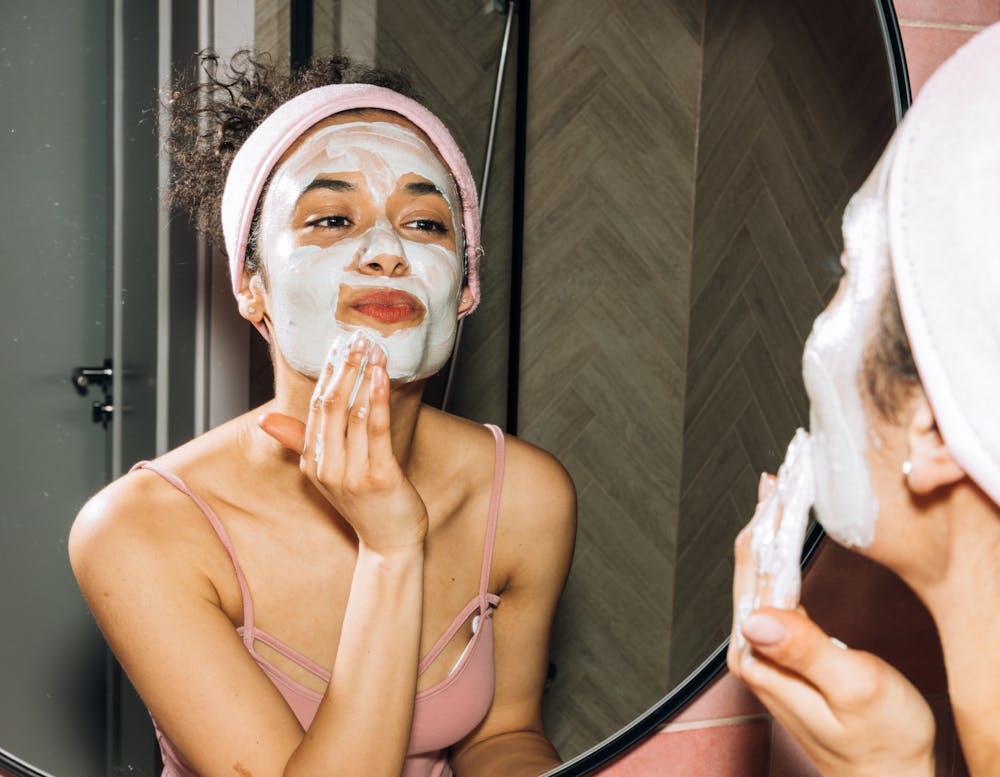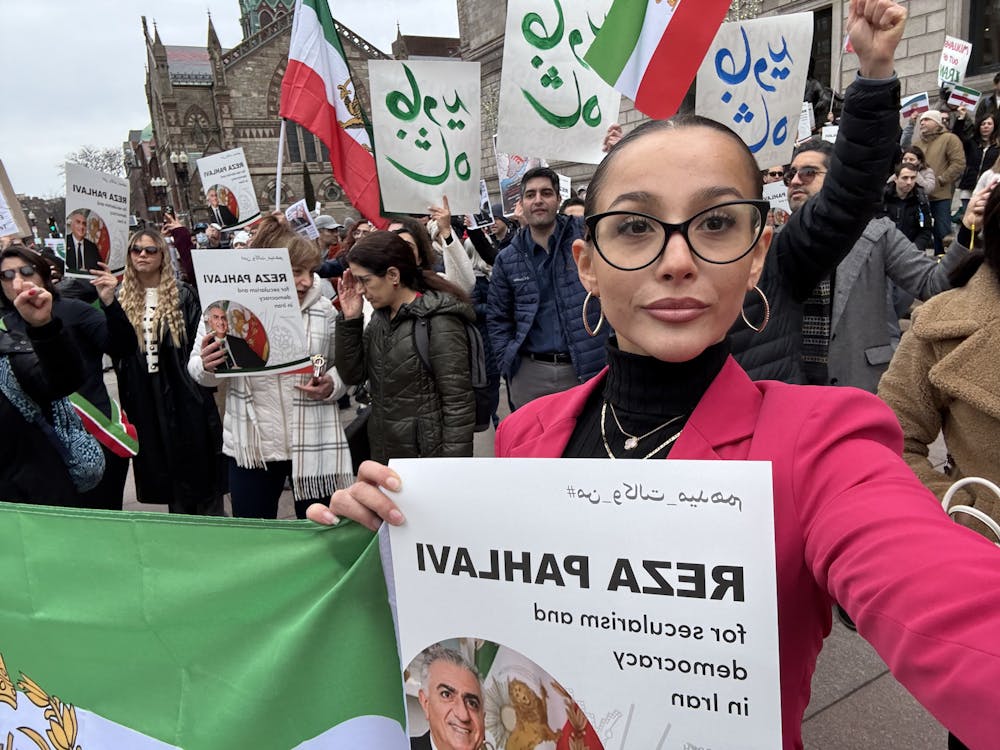If you’ve spent time on TikTok recently, you’ve likely seen videos from “SkinTok” or “BeautyTok,” where influencers provide you with their recommendations for lotions that prevent wrinkles, showcase their elaborate seven-step skincare routines to prevent aging or even discuss the expensive facials or injections they undergo to maintain their glow. Though popular, anti-aging and other skincare content on TikTok reveals the stigmatism of aging, demonstrates society’s rampant consumerism and intentionally misleads consumers.
While skincare routines and procedures are viewed by many as a form of self-care that helps to prevent — or at least delay — their aging, the science behind these skincare products is not robust, and marketing can be very misleading. Skincare ingredients like hyaluronic acid and polyglutamic acid can get rid of wrinkle lines temporarily, but they have no long-term effect despite marketing that claims they will eliminate wrinkles.
Dermatologists concur that many products’ anti-aging claims are not true and cannot be proven. Furthermore, the fact that the Food and Drug Administration (FDA) classifies many anti-aging creams and lotions as cosmetics enables companies to not regulate the safety of these products as rigorously as those classified as drugs or medical devices and, as a result, make more ambitious claims about their efficacy.
The FDA has recently expressed concern that the claims made by these products have become grander by including that they can eliminate wrinkles — instead of just lessen them — or introduce more collagen into one’s skin. These claims can lead to these products being evaluated as drugs since they are promising to change the body’s structure or functions, demonstrating how skincare has only gone further in its promises when it comes to anti-aging.
Ultimately, most anti-aging skincare is a scam that preys upon our desire to look youthful and “beautiful” for as long as possible, and it offers little to no tangible benefits for our appearance. On TikTok specifically, there will always be another product that TikTokers say is a “must buy” and does wonders for anti-aging despite the reality. The skincare industry is expected to grow by $63 billion by 2024, and companies benefit from pushing more products that they argue can do even more for your skin, despite a lack of scientific evidence.
The anti-aging frenzy on TikTok and social media only reinforces the already-prevalent fear of aging and feeds into the trap of carefully curated marketing from brands and larger consumerism in the modern age. TikTok ranked first in apps for consumer spending in the first quarter of 2022. Although this ranking does not specifically look at beauty and skincare, a survey found that over 89% of surveyed TikTok users reported buying at least one beauty or skincare product they saw on TikTok.
Beyond skincare, various procedures claim to mitigate the effects of aging, including peels, injections and much more; most of these procedures come with a hefty price tag. While everyone should want to feel and look their best, the association of anti-aging with beauty is troubling because, at the end of the day, aging is inescapable. If people fear aging to the extent that they are driven to spend hundreds or thousands on anti-aging products and procedures, it will be even more difficult to cope when they inevitably age.
Polls found that women reported being concerned about aging while in their 20s and 30s. This premature concern, no doubt worsened by TikTok and its emphasis on anti-aging, only helps companies. The younger we are concerned about aging, the earlier and longer we buy “collagen boosting” and “wrinkle repairing” products.
The skincare industry has boomed in recent years, and many A-listers have jumped at the potential for profit. The market has become saturated with celebrity skincare brands like JLo Beauty by Jennifer Lopez and Kylie Skin by Kylie Jenner.
Celebrities are keen to sell skincare because it is clearly a popular and financially lucrative industry, but it’s vital for consumers to understand that celebrities have access to expensive procedures, doctors, diets and Photoshop to make them look younger or have flawless skin. As regular consumers applying the skincare that celebrities put out, we probably won’t look as young or glowing as they do in the advertisements, and it is important to consume these products with this awareness.
We all want to look good and feel good. I am not saying never use an under-eye cream or develop a skincare routine, but I recommend you do so with the acceptance that, one day, you will get wrinkles or sun spots. As a consumer, it’s vital to understand skincare’s limitations and the deceptiveness of skincare marketing.
Samhi Boppana is a sophomore from Dublin, Ohio majoring in Political Science and Molecular and Cellular Biology.





